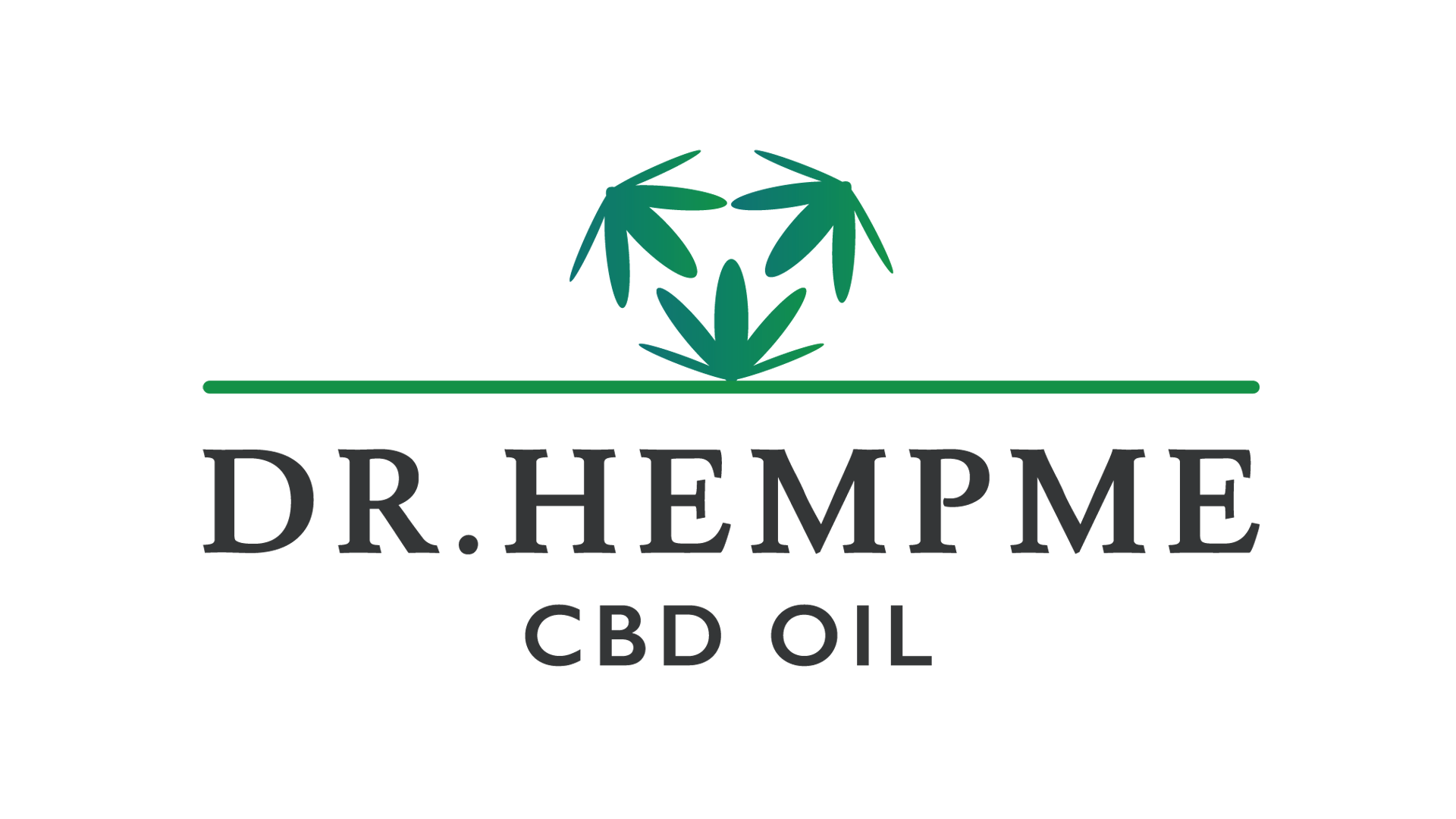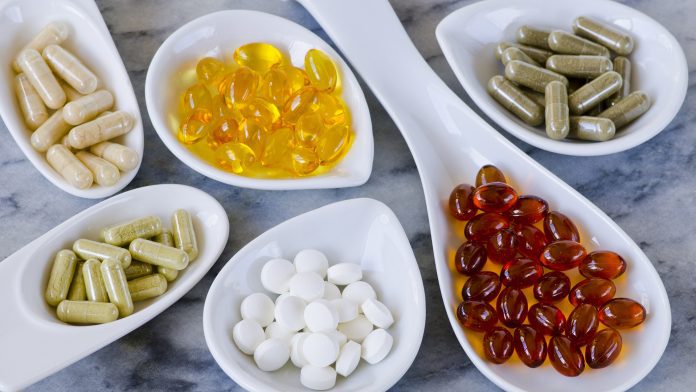
Dr. Hemp Me details the best food supplements for mental health conditions and their exciting potential benefits.
In the pursuit of mental wellness, an often-overlooked factor is nutrition. Modern science reveals that the saying ‘You are what you eat’ holds more truth than we may have realised. Mental health is profoundly linked to our nutritional intake, with a balanced diet essential in maintaining optimal brain function.1
Food supplements: A potential solution?
Food supplements have surfaced as a promising tool for supporting mental health wellness. These supplements, rich in vital nutrients such as vitamins, fatty acids, and amino acids, aim to augment our diets and have demonstrated potential to improve mental health outcomes.2
The Interplay Between Food Supplements & Mental Health
Omega-3 fatty acids: Nurturing brain health
Omega-3 fatty acids, especially EPA and DHA, are crucial for brain health. Studies have linked deficiencies in these fats to mental health disorders like depression and anxiety.4 Supplements like fish oil, rich in omega-3, could potentially bolster mental health.
B vitamins: Fuelling the brain
B vitamins, including B6, B9 (folic acid), and B12, play key roles in the brain’s biochemistry. They participate in energy production, DNA synthesis and repair, and gene regulation. Deficiencies in these vitamins may contribute to depression and anxiety.5
Magnesium: The essential relaxant
Magnesium is crucial for hundreds of biochemical reactions in our bodies. Its importance to mental health has gained attention in recent years, with research indicating a possible role in mitigating symptoms of anxiety and depression.6
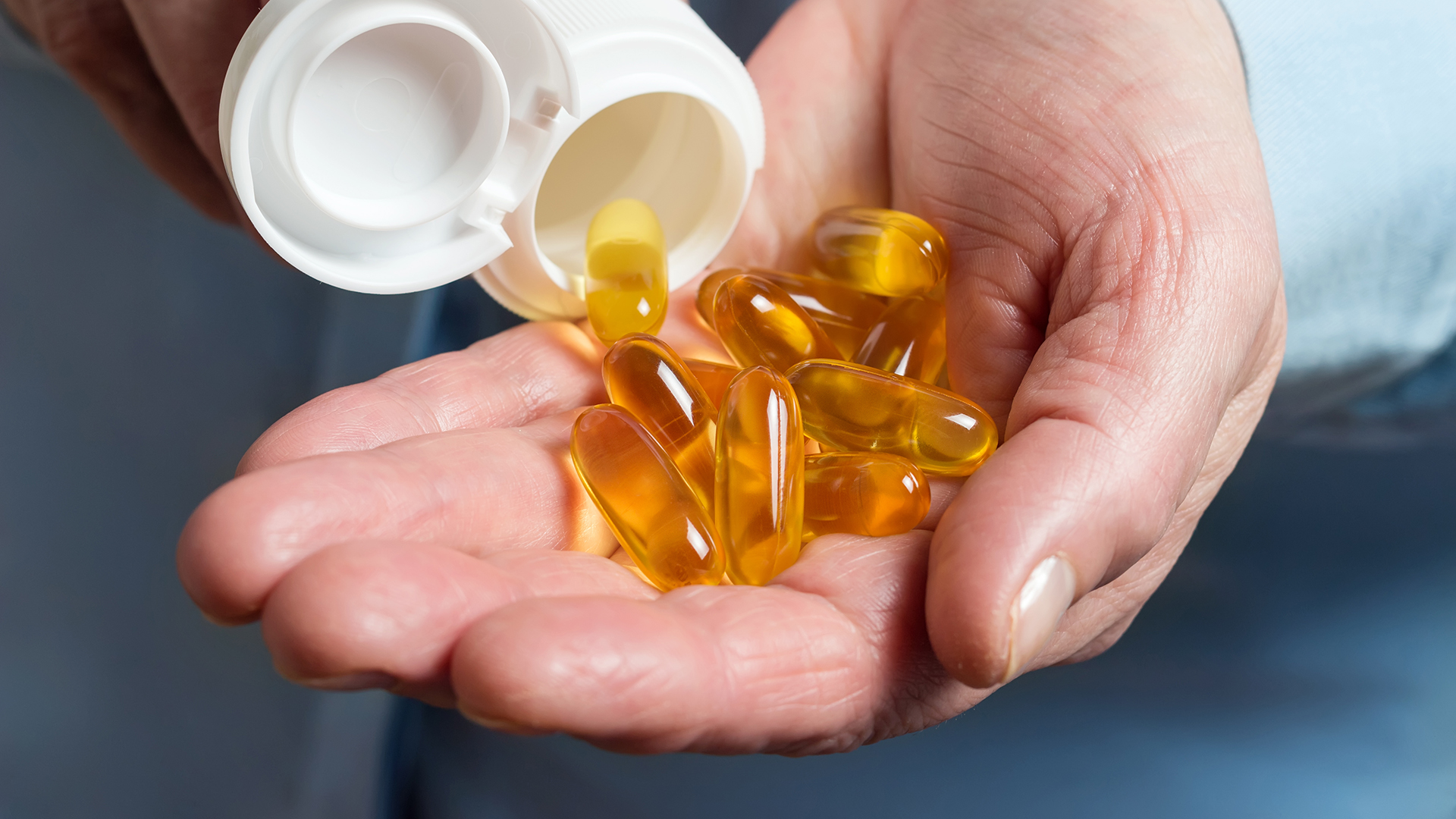
Enhancing potential with CBD oil, nootropic mushrooms & ashwagandha
Cannabidiol (CBD) oil, derived from the cannabis plant, has been studied for its potential therapeutic effects on various mental health disorders. Unlike THC, the psychoactive component of cannabis, CBD has shown promise in mitigating anxiety and stress.9
Certain mushroom species, like Lion’s Mane, have been touted for their brain-boosting effects. These nootropic mushrooms may help to stimulate nerve growth and enhance cognitive function, potentially offering mental health benefits.10
Known as the stress-busting herb, Ashwagandha, a herb traditionally used in Ayurvedic medicine, is gaining attention for its potential benefits in mental health. Research suggests that it may help reduce stress and anxiety, making it a promising supplement for individuals coping with these mental health challenges.11
Supplementing Traditional Interventions
Food supplements could serve as adjunctive treatments alongside comprehensive mental health therapies. They may amplify the benefits of traditional interventions, potentially improving mental health and aiding in the recovery from the psychological effects of domestic abuse.7
A detailed look at selected food supplements for mental health
CBD oil: Addressing stress and anxiety
CBD oil has garnered significant attention recently, with research indicating its potential to alleviate stress and anxiety. In one study, participants with Social Anxiety Disorder (SAD) experienced reduced anxiety levels when administered CBD.
Notably, these effects were corroborated by brain scans revealing changes in blood flow patterns consistent with an anti-anxiety effect.12
A natural aid for sleep
Beyond stress and anxiety, CBD oil may also promote better sleep. Research suggests that CBD could help individuals with insomnia and improve overall sleep quality.13
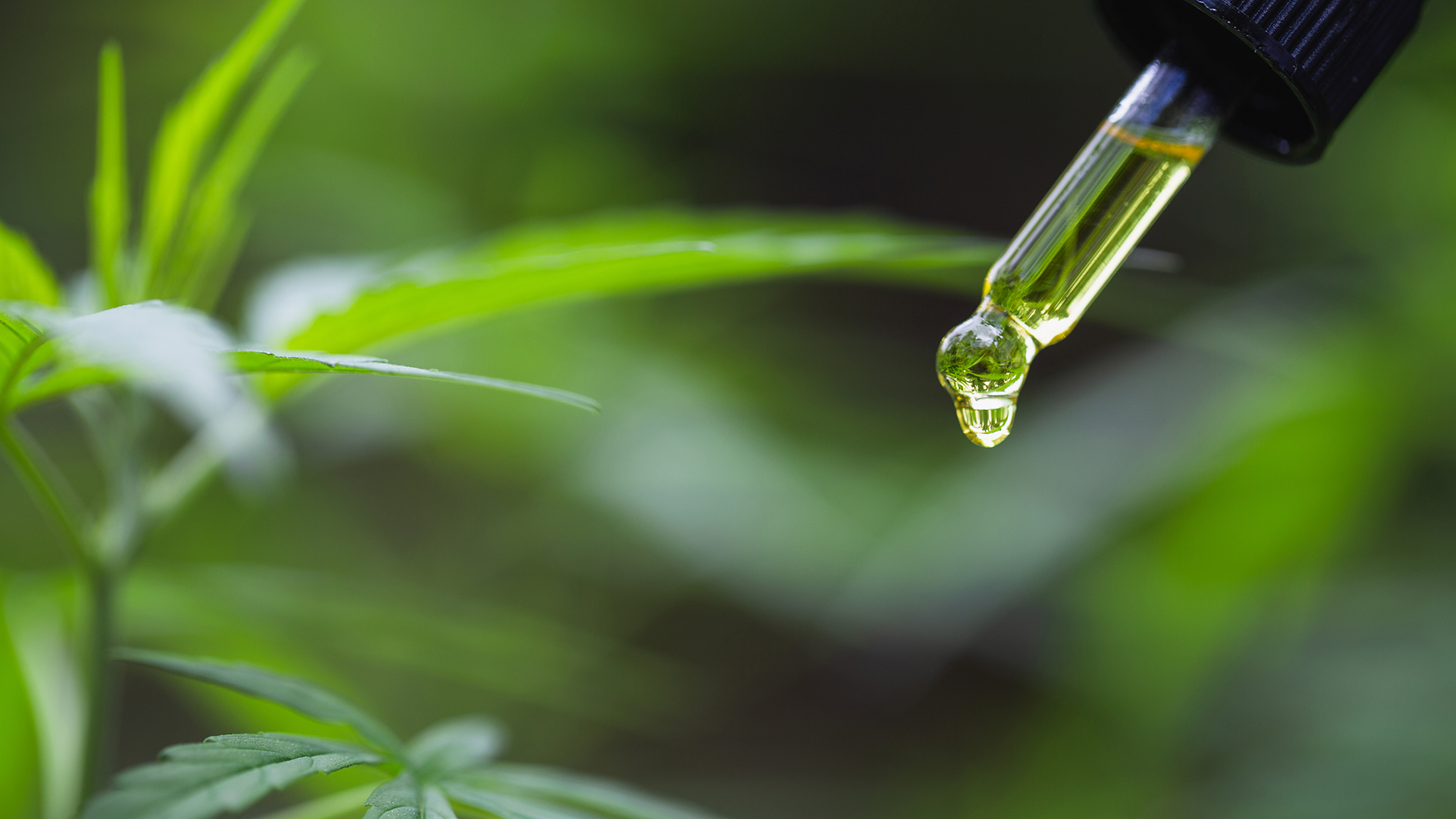
Nootropic Mushrooms: Boosting Brain Health
Certain mushroom species like Lion’s Mane and Reishi have gained recognition as nootropics, substances that enhance cognitive function. Studies have shown that these mushrooms could stimulate nerve growth, improve cognitive function, and potentially offer benefits for mental health.14
Combatting stress and anxiety
Research on Reishi mushrooms suggests they could have a calming effect on the mind and body, helping to manage stress and reduce anxiety.15
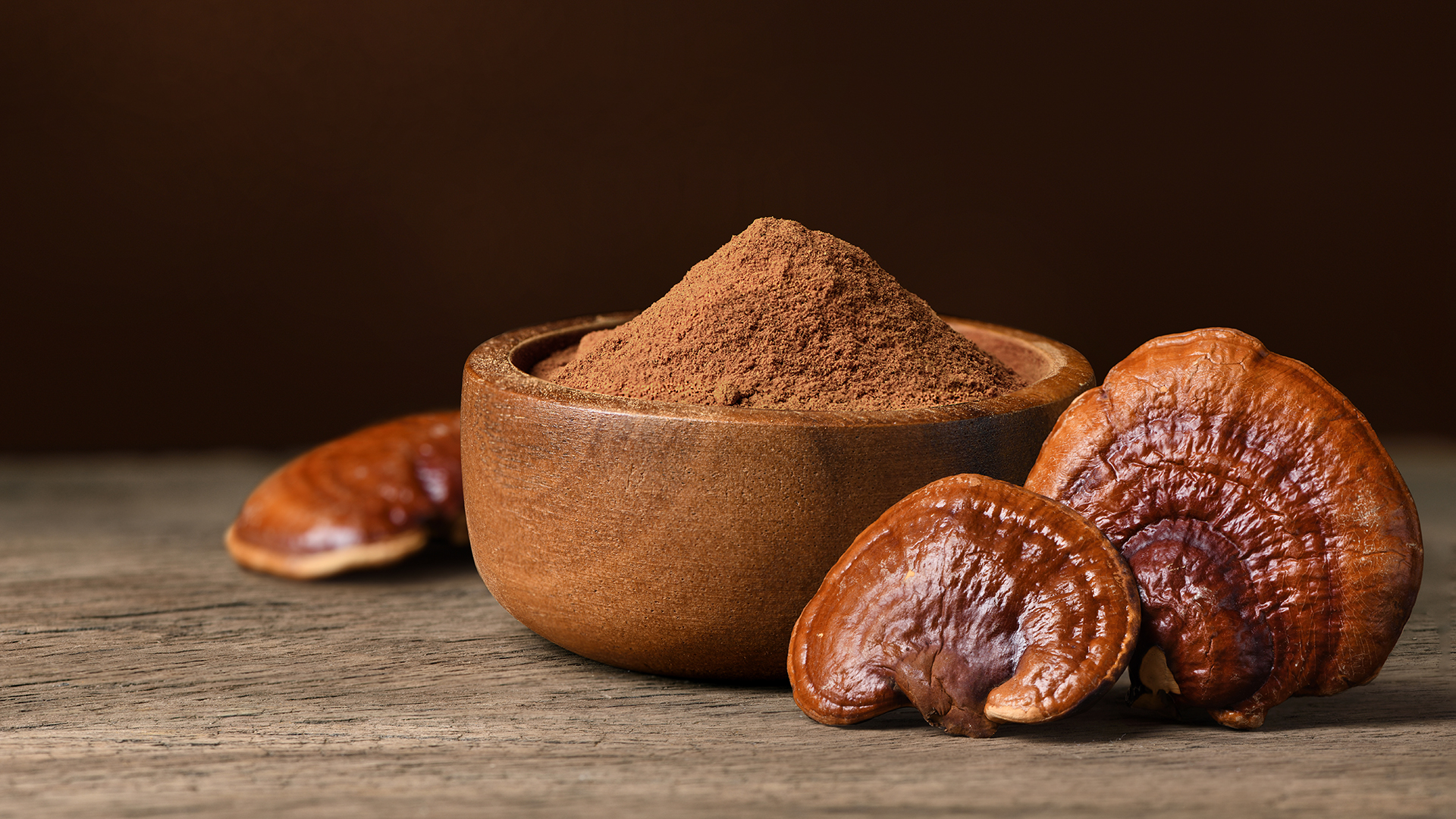
Ashwagandha: Ancient remedy for modern stress
Ashwagandha is a central herb in Ayurveda, the traditional medicine system of India. Known as an adaptogen, it’s believed to help the body cope with physical and mental stress. Recent research backs this claim, with studies indicating that ashwagandha might effectively reduce cortisol, the body’s primary stress hormone.16
Promoting Mental Well-being
Beyond stress relief, ashwagandha has also shown potential for improving overall mental well-being. A randomized controlled trial found that individuals taking ashwagandha reported improved mental health scores, reduced levels of stress and anxiety, and better sleep quality.17
A note of caution
While food supplements might have a role to play, they should never replace professional mental health services and interventions directly addressing domestic abuse. Furthermore, variations in nutritional needs and responses to supplements highlight the importance of seeking personalized advice from healthcare professionals.
The relationship between food supplements and mental health, particularly in the context of domestic abuse, requires further investigation. Addressing domestic abuse calls for a comprehensive, multi-faceted approach, and while food supplements are not the whole solution, they might form part of a holistic strategy for enhancing mental health outcomes among survivors.
References
- Jacka, F. N., O’Neil, A., Opie, R., Itsiopoulos, C., Cotton, S., Mohebbi, M., … & Oldenburg, B. (2017). A randomised controlled trial of dietary improvement for adults with major depression (the ‘SMILES’ trial). BMC Medicine, 15(1), 1-13.
- Sarris, J., Logan, A. C., Akbaraly, T. N., Amminger, G. P., Balanzá-Martínez, V., Freeman, M. P., … & Matsuoka, Y. (2015). Nutritional medicine as mainstream in psychiatry. The Lancet Psychiatry, 2(3), 271-274.
- World Health Organization. (2013). Global and regional estimates of violence against women: prevalence and health effects of intimate partner violence and non-partner sexual violence. World Health Organization.
- Su, K. P., Matsuoka, Y., & Pae, C. U. (2015). Omega-3 polyunsaturated fatty acids in prevention of mood and anxiety disorders. Clinical Psychopharmacology and Neuroscience, 13(2), 129-137.
- Young, L. M., Pipingas, A., White, D. J., Gauci, S., & Scholey, A. (2019). A systematic review and meta-analysis of B vitamin supplementation on depressive symptoms, anxiety, and stress: Effects on healthy and ‘at-risk’ individuals. Nutrients, 11(9), 2232.
- Boyle, N. B., Lawton, C., & Dye, L. (2017). The effects of magnesium supplementation on subjective anxiety and stress—A systematic review. Nutrients, 9(5), 429.
- Sarris, J., Murphy, J., Mischoulon, D., Papakostas, G. I., Fava, M., Berk, M., & Ng, C. H. (2016). Adjunctive nutraceuticals for depression: A systematic review and meta-analyses. American Journal of Psychiatry, 173(6), 575-587.
- LaChance, L. R., & Ramsey, D. (2018). Antidepressant foods: An evidence-based nutrient profiling system for depression. World Journal of Psychiatry, 8(3), 97.
- Blessing, E. M., Steenkamp, M. M., Manzanares, J., & Marmar, C. R. (2015). Cannabidiol as a potential treatment for anxiety disorders. Neurotherapeutics, 12(4), 825-836.
- Brandalise, F., Cesaroni, V., Gregori, A., Repetti, M., Romano, C., Orrù, G., … & Rossi, P. (2017). Dietary supplementation of Hericium erinaceus increases mossy fiber-CA3 hippocampal neurotransmission and recognition memory in wild-type mice. Evidence-based Complementary and Alternative Medicine, 2017.
- Chandrasekhar, K., Kapoor, J., & Anishetty, S. (2012). A prospective, randomized double-blind, placebo-controlled study of safety and efficacy of a high-concentration full-spectrum extract of ashwagandha root in reducing stress and anxiety in adults. Indian Journal of Psychological Medicine, 34(3), 255–262.
- Bergamaschi, M. M., Queiroz, R. H., Chagas, M. H., de Oliveira, D. C., De Martinis, B. S., Kapczinski, F., … & Crippa, J. A. (2011). Cannabidiol reduces the anxiety induced by simulated public speaking in treatment-naïve social phobia patients. Neuropsychopharmacology, 36(6), 1219-1226.
- Shannon, S., Lewis, N., Lee, H., & Hughes, S. (2019). Cannabidiol in anxiety and sleep: A large case series. The Permanente Journal, 23.
- Mori, K., Inatomi, S., Ouchi, K., Azumi, Y., & Tuchida, T. (2009). Improving effects of the mushroom Yamabushitake (Hericium erinaceus) on mild cognitive impairment: a double‐blind placebo‐controlled clinical trial. Phytotherapy Research, 23(3), 367-372.
- Chang, C. J., Lin, C. S., Lu, C. C., Martel, J., Ko, Y. F., Ojcius, D. M., … & Lai, H. C. (2015). Ganoderma lucidum reduces obesity in mice by modulating the composition of the gut microbiota. Nature communications, 6(1), 1-15.
- Chandrasekhar, K., Kapoor, J., & Anishetty, S. (2012). A prospective, randomized double-blind, placebo-controlled study of safety and efficacy of a high-concentration full-spectrum extract of ashwagandha root in reducing stress and anxiety in adults. Indian Journal of Psychological Medicine, 34(3), 255–262.
